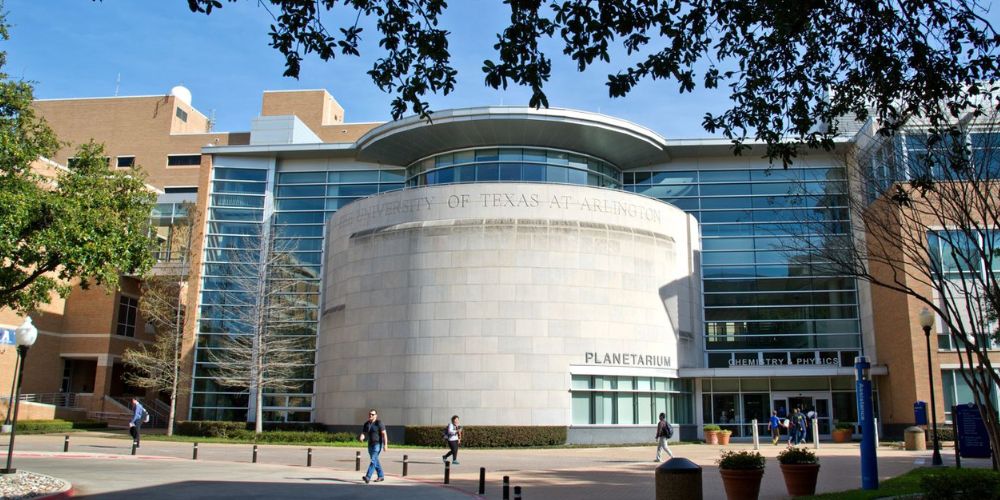UTA to celebrate International Observe the Moon Night
.jpg?revision=b5336ab4-01e9-4a24-807b-58cacf00a0d6)
To encourage awareness about lunar science and space exploration, UT Arlington will join NASA to host International Observe the Moon Night on Sept. 14. At the free event, held in the UTA Observatory from 8 to 10 p.m., visitors will be able to examine the moon, talk to astronomy experts, and take pictures through a 16-inch scientific-grade telescope.
“Part of the joy of this event is helping people recognize that we have this huge celestial neighbor that we see in the day and night sky, but most folks don’t know much about it,” said Levent Gurdemir, Planetarium director. “This is a chance to bring people to campus so we can look a little more closely at the moon.”
The annual event was created in 2010 to raise awareness of lunar science, part of a worldwide public engagement program organized by NASA. The Sept. 14 date was chosen because the moon will be in its waxing gibbous phase, where it’s greater than 50% illuminated but not yet a full moon. This is good time to view the moon along the terminator (the line between night and day), where shadows enhance its cratered landscape.
“The term ‘waxing’ means increasing (a meaning similar to waxing an object to make it brighter), and the term ‘gibbous’ comes from the Latin meaning ‘hump.’ Therefore, the phrase ‘waxing gibbous’ means that the moon is increasing,” explained Gurdemir. “This phase of the moon is great for viewing since the shadows near the terminator line enable the depth view of craters, allowing our guests to look through a scientific-grade telescope to see the details of how truly remarkable the moon’s surface is.”
In addition to viewing the moon and taking pictures, visitors will be able to ask UTA Planetarium staff and local astronomy enthusiasts questions about the moon and the night sky.
“After the awe and wonder we had with students and community members coming together on campus to watch the total solar eclipse on April 8, I’m hopeful we can build on some of that enthusiasm to learn more about the moon together,” Gurdemir said. “It’s such a rewarding part of my job to bring people of all ages together to learn more about the world around us.”
For more information on the event, including where to park, visit https://www.uta.edu/planetarium/observatory/visiting.
